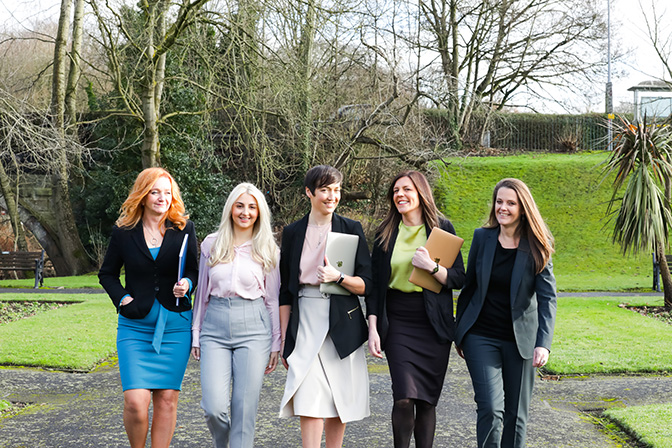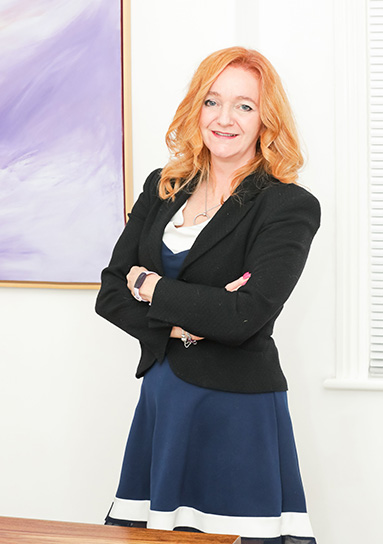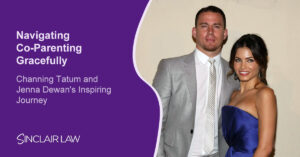A Source of Additional Maintenance for wealthy clients and a resource for unmarried parents

It is perhaps not commonly known that child maintenance assessments made by the Child Maintenance Service may benefit from a top up order made by the courts in cases where the Non Resident Parent has income of more than £3000 gross per week. (income figure at the time of writing).
This may be a very useful source of additional income particularly for unmarried separated parents who do not have a claim for spousal support upon separation. In some circumstances unmarried parents may separate leading to very different standards of living between the two houses and this kind of order may help the children have a more equal standard of living after separation.
The current situation is that the courts do not have any power to make a child maintenance order unless certain criteria are met as follows:-
- that a maximum assessment has been made by the Child Maintenance Service establishing that a Non Resident Parent’s income is more than £3,000 gross per week.
- As a result a top order is required and/or
- That an order for particular type of expense such as school fees or educational expenses or to satisfy additional needs is required.
The standard CMS assessment does not take into account any income over £156,000 when making their calculation.
It is possible to undertake a basic CMS Assessment online here to give you some idea of what your assessment is likely to be
Your estimated child maintenance calculation – Calculate child maintenance – GOV.UK (dwp.gov.uk) >
This means that, in order to seek any increase in the maintenance payments from the court two criteria must be met initially
- an application would have to be made to the Child Maintenance Service first and
- that the assessment determines that there is the maximum level of assessable income.
Once this criteria is met then an application to the court could be made. This kind of court order is called a “top up” order so as to “top up” the child maintenance assessment figure. The child maintenance assessment figure would be assessed first and then the court would set the top-up figure.
This means that in order to make any application you would have to involve the Child Maintenance Service first and this would mean that the Non-Resident Parent was contacted by them as part of the assessment.
This may well create difficulties between parents where they have managed to agree everything so far and there is no guarantee that an increase will be achieved. It is important to make sure that this will not lead to a sudden break in any voluntary maintenance being paid.
If an application has to be made to the court then this would of course involve incurring legal costs. There is also a risk as to costs as each party can make a claim for their legal costs to be paid by the other side if they are successful in their position. There is no guarantee that either party would secure a costs order against the other and each would be liable for their own costs in the first instance.
The court would have to determine whether a top up maintenance order was required based upon the circumstances of each case. They would need to be satisfied that additional maintenance was required for the benefit of the children. This would mean that both parents would need to provide financial information to the court setting out what their income and needs were in order for the court to determine whether there was any additional need.
This is a complex procedure and our first suggestion would be to ask the other parent whether they were prepared to increase the voluntary child maintenance payments made to a higher level. It may be of benefit for there to be open discussions in this regard and perhaps consider attending mediation to discuss a potential increase in the voluntary maintenance prior to any legal action being taken.
Jeanette Birch, Solicitor.

We understand of course that a court application may be the only option for separated unmarried couples where there is a significant discrepancy in income. This does not stand in place of spousal maintenance and is in respect of the children but may offer a solution in some cases.
Here at Sinclair Law, we have a team of highly skilled solicitors with over 30 years worth of experience dealing with family law matters. We pride ourselves on offering an understanding and empathetic approach and offering expert advice. Our high success rates have earned us the status of being one of Cheshire’s leading family solicitors.
If you are interested in speaking with Jeanette or one of our expert solicitors for a free 30-minute consultation, please contact the office on 01625 526 222.




